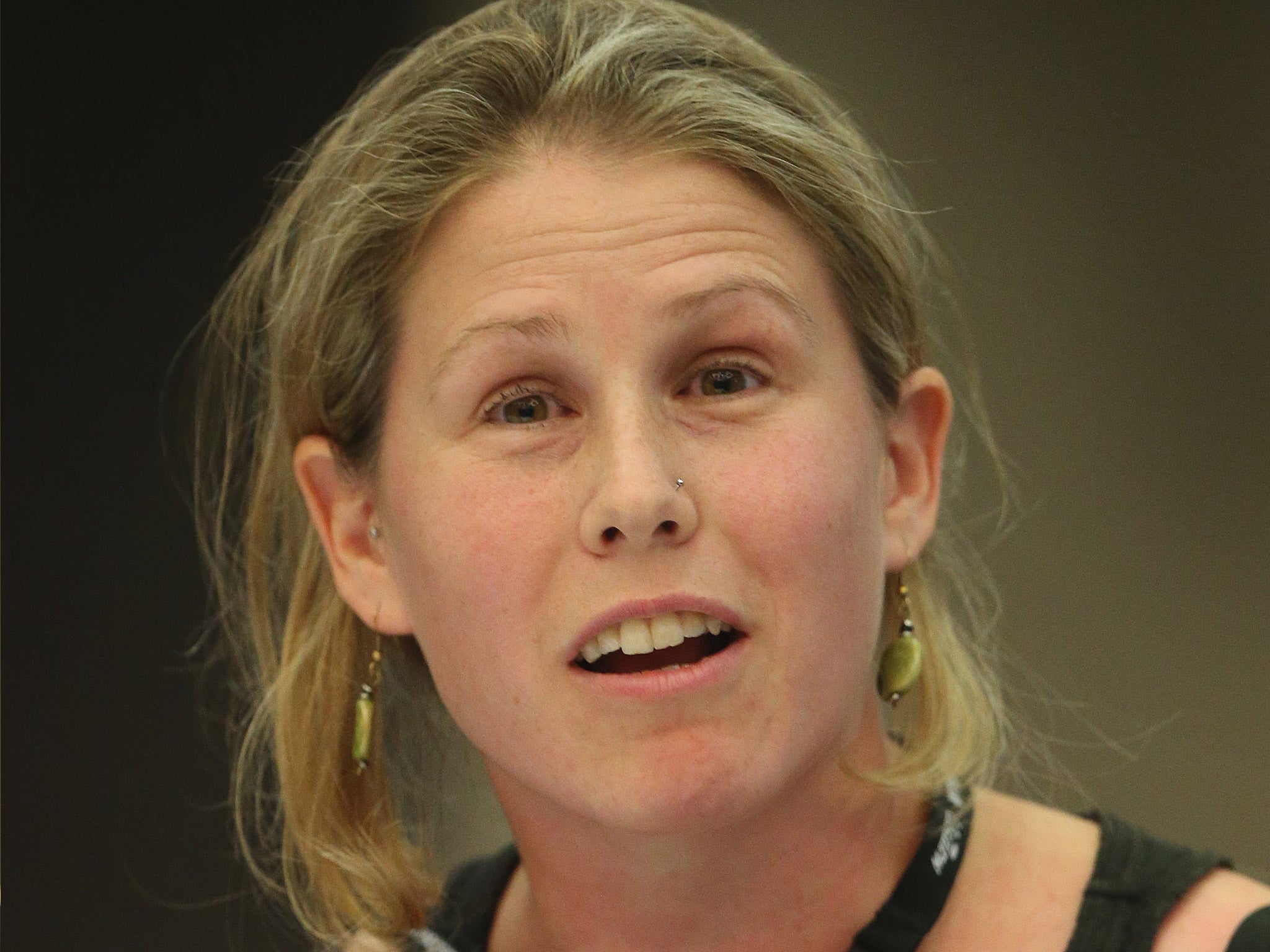Police fail to cope as half of 'non-serious' crimes now originate from social media websites
Chief Constable reveals that 6,000 officers will be trained over the next few months to make judgments on what is a criminal act

Thousands of police officers are being trained to deal with a surge in complaints involving social media that range from death threats to “nonsense and disagreements”, a senior officer has said.
Chief Constable Alex Marshall said frontline police faced “a real problem” because at least half of all “non-serious” grievances now originate from use of websites such as Facebook and Twitter.
Mr Marshall, head of the College of Policing, which sets all police standards in England and Wales, warned that almost every police investigation will soon have “an online element”.He told the BBC: “As people have moved their shopping online and their communications online, they’ve also moved their insults, their abuse and their threats online, so I see that it won’t be long before pretty much every investigation will have an online element to it.
“Police officers can’t deal with every bit of nonsense or disagreement that occurs on social media and there is a line that needs to be drawn. If something is serious and someone is genuinely threatened, at risk or vulnerable that’s a serious issue that we need to take on.
“The challenge for officers is to establish what is a criminal act and what is not.”
Mr Marshall said a combination of police training, public education and enforcement by social media companies was required to combat the problem. The Director of Public Prosecutions has issued guidance to prosecutors in an attempt to determine which social media cases should be treated as potentially criminal. Prosecutors are advised to look out for messages that constitute a “credible threat of violence to the person or damage to property”.
The advice also makes clear that the age and maturity of suspects should be given significant weight, particularly if they are under the age of 18.
Mr Marshall said that the guidance was a “good starting point” but also revealed that 6,000 officers were being trained over the next few months by the College of Policing to make judgments about when a complaint identified a pattern of behaviour that required further investigation. He said: “We need to ensure that officers have the right skills and training to make these judgements so that we direct resources appropriately and protect those who genuinely need our help.”
The revelation as to how much police time is taken up with social media comes a week after Scottish detectives investigated online abuse of JK Rowling on the day the Harry Potter author announced she had donated £1m to the Better Together campaign.
Feminist Caroline Criado-Perez was also subject to a “terrifying and scarring” torrent of Twitter abuse after she led a successful campaign for a woman to appear on a Bank of England note. Isabella Sorley, 23, and John Nimmo, 25, were jailed for bombarding her with rape and death threats.
Former Cumbria Chief Constable Stuart Hyde said he was astonished to discover while researching social media and crime that the term “Facebook” was recorded 14,000 times in logs and records made by a single force’s control room staff in 2011. This rose to almost 19,000 in 2012 and more than 27,000 last year.